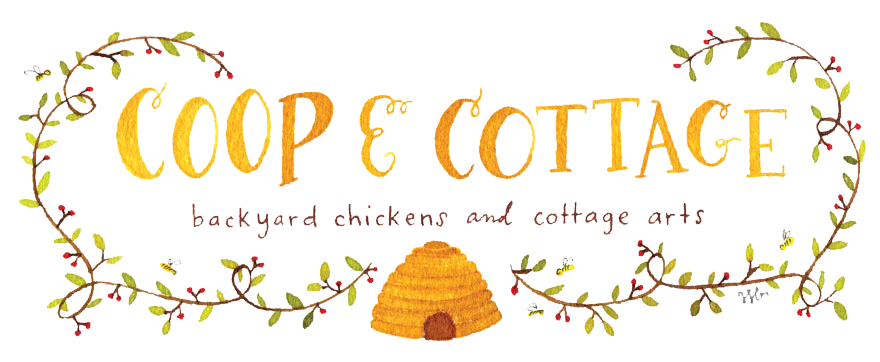 |
| Proud papa, Cluck Norris |
A few weeks ago I blogged about Cluck Norris, the rooster formerly known as Cadbury. Discovered to be a cockerel instead of hen, he was exiled to the country, where he is the happy lone rooster in a flock of 10 hens.
He settled into the flock, showing off and proud of his big feathered self. Turns out he's been busy. My sister-in-law called a few days ago to let us know that her black Australorp hatched out three chicks. (An Australorp is an Australian orpington breed that is valued as a laying hen.)
When we got our chicks, they were among a big shipment of chicks at the feed store. Their little egg-shaped selves looked just like the rest of the fuzzy herd under the red heat light--mama-less peeps sending up a chorus of chirps. These little chicks had been sexed, meaning that we had an 80 to 90 percent chance that we were getting hens-to-be instead of roosters. (So Cluck Norris was in the 10 to 20 percent.)
We kept our chicks in the bathtub under a warm, amber light until they grew enough feathers to face the spring temperatures, then out to the coop they went. But Cluck Norris's three chicks were lucky enough to be hatched out by a hen.
We headed over to my sister-in-law's to meet the newcomers the other day. Walking into the hen house, we saw that the Australorp was settled down in a large, black water trough, with straw, food and water, but no amber heat light--she was the heat source, after all. The girls approached with anticipation, expecting to see the chicks scooting around. But there was just a black hen, making little cooing sounds. "Where are they?" the girls asked, a little concerned.
 |
| Australorp hen with one of the three new peeps. |
Then M said, "Look! One's under there!" she pointed to the front of the hen, and sure enough a small orange beak was poking out just under the hen's feathers.
They waited for a little bit, hoping to see the three chicks emerge. When the hen got up, fanning first one wing, then the other in a stretch, her babies popped up, bright-eyed and bushy tailed, running around alongside the hen like little feathered bumper cars.
After a short excursion to her water and food, the hen watched the girls while making mother sounds to her chicks and occasionally prodding them into good behavior. She seemed happy and content, and reminded me of the story of Jemima Puddle Duck. "Do you remember we used to read that story?" I asked the girls. "Is she the duck who wanted to raise her babies and the farmer's wife kept taking her eggs? And then she met a fox?"
"That's the one," I said. The poor misguided Jemima was, as Beatrix Potter wrote, "a simpleton," and her story remains with me after many bedtime readings. Jemima, desperate to lay her eggs somewhere the farmer's wife could not get them, meets a fox, who shows her to a soft, lovely nest in his own abode, and invites her to raise her babies there. Of course, the gentleman fox had his own agenda, and lucky for Jemima, a wise farm collie runs the fox off, and rescues Jemima (alas, the collie's pups ate her eggs). Jemima was escorted home in humiliation, but eventually, she did raise her own little brood.
Miss Potter's portrayals of farm animals and woodland creatures always appealed to me. She clearly loved the animals that populated her life, and knew them well. I think it is the Jemima Puddle Duck story that makes me feel just a little like a thief when I gather eggs. It never fails that the chickens are following me (I might have a treat, you know) and they always seem to watch me take their eggs from the nesting boxes. I feel the need to somehow apologize for this and thank them--something I hope my neighbors don't witness because I do look a little silly.
Of course, their eggs aren't fertile because we have no rooster. But seeing this fluffy black hen happily corralling her little brood makes me smile. All that egg production, and finally rewarded with these three little fuzzy chicks.
As we watch her gather them back beneath her wings, we put the wire netting over the top of the trough to keep the little family safe, then head out the door to leave them to the quiet. Outside, Cluck Norris is strutting around proudly with his hens, crowing here and there to remind everyone that he is the rooster. No wonder farm animals provided Miss Potter with plenty of material for her pen and her watercolors.







